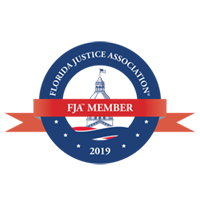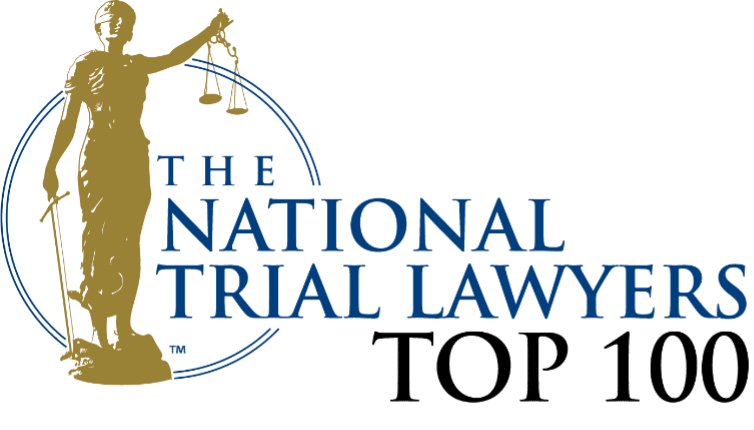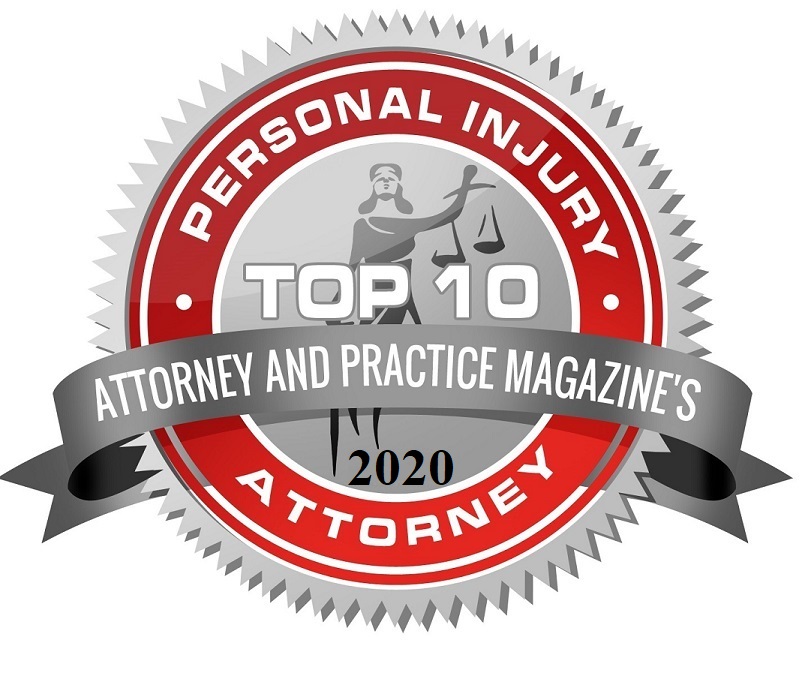Slip and fall accidents can happen anywhere, whether on public or private property. These incidents can lead to serious injuries, and understanding the differences between the two types of cases is important when seeking compensation. Although they both involve accidents where a person is injured after slipping or tripping on someone else’s property, there are key legal differences in how these cases are handled. Knowing the distinctions between slip and fall claims on public versus private property can help you better understand your rights and what to expect in each situation. At, Serrano Law, we are here to guide you through the legal process and help you navigate the complexities of your case.






Public Property Slip and Fall Cases
Public property refers to spaces that are owned or controlled by a government entity, such as a city, county, or state. This includes places like parks, sidewalks, government buildings, and public roads. When a slip and fall happens on public property, the injured person may have a legal claim against the government agency responsible for maintaining the property.
One of the biggest differences between public and private property slip and fall cases is the legal rules governing public property. In public property cases, the government is protected by something called sovereign immunity. This is a legal doctrine that limits the ability to sue government entities for injuries that occur on public property. However, most states, including Florida, have passed laws that allow people to file claims against the government under certain conditions. These laws are called “waivers of sovereign immunity,” and they outline the steps that must be taken when pursuing a slip and fall claim against the government.
To successfully bring a slip and fall case against a public entity, the injured party must prove that the government agency responsible for the property was negligent. This means they must show that the government knew or should have known about a dangerous condition on the property and failed to fix it or warn visitors about it. Additionally, there are often strict notice requirements when filing a claim against the government. In Florida, for example, injured parties must provide written notice of their claim within a specific time frame, usually within six months of the accident.
Private Property Slip and Fall Cases
Private property includes spaces that are owned by individuals, businesses, or private organizations. This could be anything from a home or apartment complex to a grocery store or shopping mall. When a slip and fall occurs on private property, the injured person may have a legal claim against the property owner or occupier for failing to keep the premises safe.
In private property slip and fall cases, the legal standard is similar to public property cases in that the injured person must prove that the property owner was negligent. However, the process of filing a claim and the rules that apply are generally more straightforward. The injured party must show that the property owner knew or should have known about the dangerous condition that caused the accident, and that the owner failed to take reasonable steps to fix the issue or warn visitors.
One key difference in private property slip and fall cases is the concept of premises liability. Property owners and occupiers have a duty to maintain their property in a reasonably safe condition for visitors. The level of care that a property owner owes depends on the type of visitor. For example, invitees, such as customers at a store, are owed the highest duty of care, while trespassers are typically owed the least. The injured person must establish that the property owner’s failure to maintain the property in a safe condition directly caused their injury.
Key Differences Between Public and Private Property Cases
There are several important differences between slip and fall cases on public and private property. One major distinction is the issue of sovereign immunity in public property cases. While private property owners do not have this legal protection, government entities are often shielded from lawsuits unless certain conditions are met. This makes slip and fall cases on public property more complex and difficult to pursue.
Another difference is the process for filing a claim. In private property cases, the injured person typically files a lawsuit against the property owner or their insurance company. However, in public property cases, the injured person must first comply with strict notice requirements and provide written notice of their claim to the government entity. Failure to follow these procedures can result in the claim being dismissed.
Finally, the legal standards for proving negligence in slip and fall cases are slightly different for public and private property. In both types of cases, the injured person must prove that the property owner or government entity knew or should have known about the dangerous condition and failed to take action. However, the standard for proving negligence is often higher in public property cases due to the legal protections afforded to government entities.
Challenges of Public Property Slip and Fall Cases
Slip and fall cases that occur on public property come with additional challenges that can make them more difficult to win compared to private property cases. One of the main challenges is the issue of sovereign immunity, which can make it harder to hold a government entity accountable for injuries. Even when a government has waived its immunity, there are still strict rules and time limits that must be followed, and these can vary depending on the state or local laws.
Another challenge is gathering evidence to prove negligence in public property cases. Since public property is often maintained by a government agency, it can be harder to access maintenance records, accident reports, and other important documents that could help prove the case. Additionally, government agencies may argue that they are not liable for certain dangerous conditions, such as weather-related hazards like ice or snow, which can further complicate the case.
It is also important to note that public property slip and fall cases typically have lower compensation limits than private property cases. In Florida, for example, there are caps on the amount of damages that can be recovered in a claim against a government entity, which can limit the total compensation available to the injured party. This can make it difficult for injured individuals to recover full compensation for their medical bills, lost wages, and other expenses.
Choosing The Right Personal Injury Attorney Personal Injury Settlement TimelineRelated Videos
Importance of Seeking Legal Guidance
Whether a slip and fall occurs on public or private property, it is essential to seek legal guidance as soon as possible. Slip and fall cases can be complex, and proving negligence often requires a thorough investigation of the circumstances surrounding the accident. An experienced attorney can help gather evidence, interview witnesses, and work with medical professionals to build a strong case.
In public property cases, navigating the complex legal rules and procedures can be especially challenging. Having an attorney who understands the specific requirements for filing a claim against the government can greatly improve the chances of success. Similarly, in private property cases, an attorney can help determine whether the property owner or occupier was negligent and assist in negotiating a fair settlement.
Slip and fall injuries can have serious long-term consequences, and it is important to take legal action quickly to ensure that your rights are protected. Delays in filing a claim can result in losing the opportunity to seek compensation, particularly in public property cases where strict deadlines apply.
Case Results
Slip and fall accidents can occur on both public and private property, but the legal differences between these types of cases are significant. While both types of cases involve proving negligence, public property cases are often more complex due to sovereign immunity protections and strict notice requirements. Private property cases, on the other hand, generally involve fewer procedural hurdles, but both require strong evidence to prove fault. If you have been injured in a slip and fall accident, understanding these differences is crucial when pursuing compensation.
If you or a loved one has been involved in a slip and fall accident on either public or private property, it is important to seek legal help right away. At Serrano Law, our team is committed to providing the guidance and support you need to navigate the legal process and fight for the compensation you deserve. Contact us today to discuss your case and learn how we can assist you.



